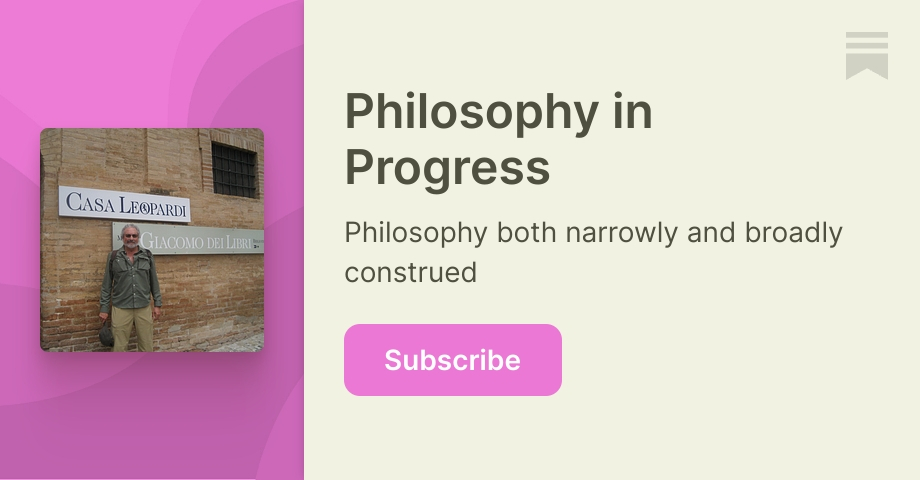Am I ineluctably trapped in a dying animal? Is embodiment an axiologically negative state of affairs or is it an axiologically positive one? Here are four possible attitudes toward having a material body. They may be loosely associated, respectively, with the names Plato, Aristotle, Aquinas, Benatar.
a) To exist is good, but it would be better to exist without a gross material body subject to decay and dissolution. The body is an impediment, a vehicle for sublunary roads that it would be better not to have to travel. I am neither identical to my body, nor dependent on it for my existence; I am a soul temporarily incarcerated in a body from which I will be released upon death. I have fallen from a topos ouranios into a spatiotemporal matrix and meat grinder extrication from which is both possible and desirable.
b) To exist is good, but a gross material body is necessary to exist as a conscious and self-conscious being, whence it follows that embodiment is at least instrumentally good. I am not (identically) a soul; I am a soul-body composite, both components of which are necessary to exist at all.
c) To exist is good, but only with a 'resurrected' and perfected body supplied by a divine being that needs no body to exist.
d) To exist is not good because possible only with a gross body. (See my Benatar category.)

